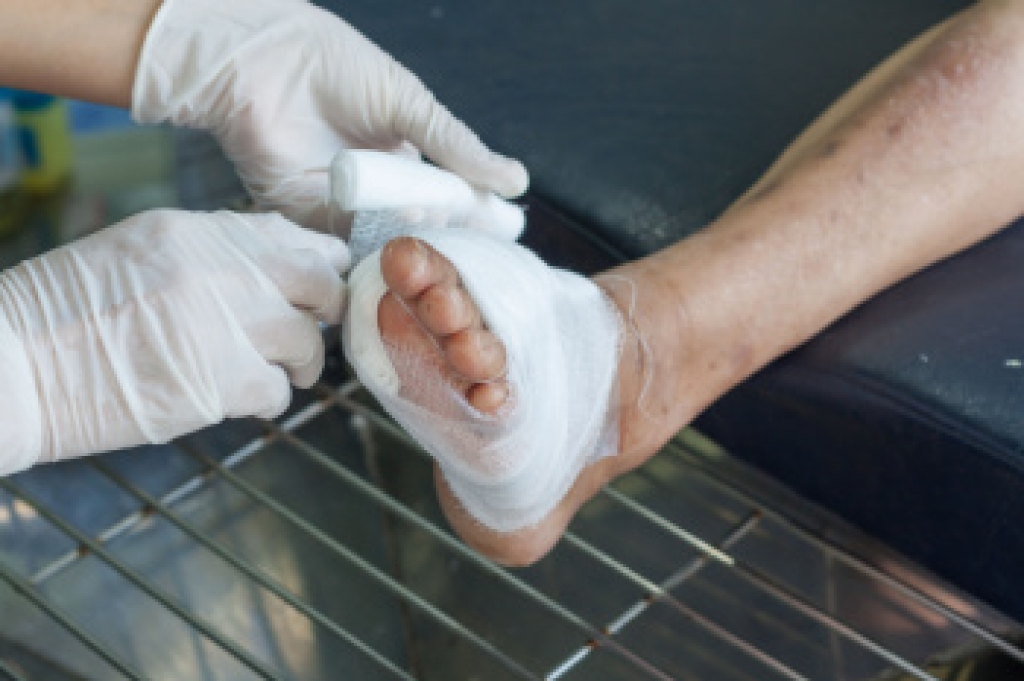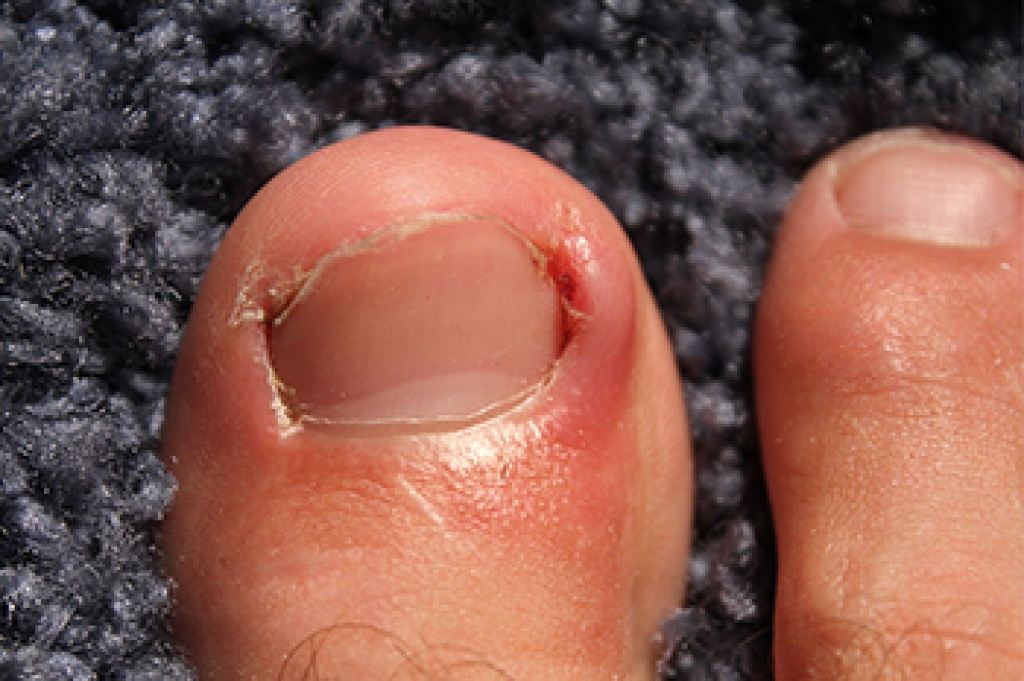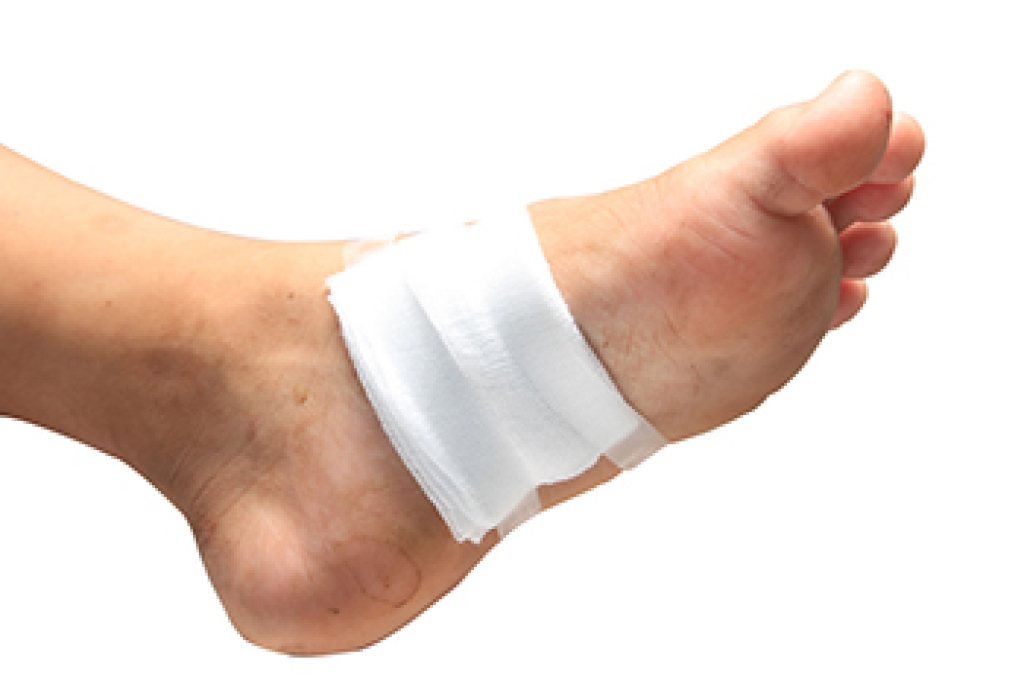
Diabetes can affect circulation, nerve function, and the skin of the feet, increasing the risk of sores, infections, and delayed healing. Effective management focuses on prevention, early detection, and consistent care. Daily foot checks help identify redness, pressure areas, or breaks in the skin before they worsen. Wearing supportive footwear reduces friction and uneven pressure that can lead to injury. Keeping blood sugar levels well controlled supports tissue health and healing capacity. Regular nail care and skin maintenance help limit cracks and ingrown nails that may become entry points for infection. Prompt treatment of even minor issues is critical, since reduced sensation may mask developing problems. With proper attention, many complications can be avoided or managed successfully. If you have diabetes and experience changes in the feet, or have ongoing discomfort, it is suggested that you see a podiatrist for proper diagnosis and appropriate treatment.
Diabetic foot care is important in preventing foot ailments such as ulcers. If you are suffering from diabetes or have any other concerns about your feet, contact one of our podiatrists from Foot & Ankle Medical Center . Our practitioners can provide the care you need to keep you pain-free and on your feet.
Diabetic Foot Care
Diabetes affects millions of people every year. The condition can damage blood vessels in many parts of the body, especially the feet. Because of this, taking care of your feet is essential if you have diabetes, and having a podiatrist help monitor your foot health is highly recommended.
The Importance of Caring for Your Feet
- Routinely inspect your feet for bruises or sores.
- Wear socks that fit your feet comfortably.
- Wear comfortable shoes that provide adequate support.
Patients with diabetes should have their doctor monitor their blood levels, as blood sugar levels play such a huge role in diabetic care. Monitoring these levels on a regular basis is highly advised.
It is always best to inform your healthcare professional of any concerns you may have regarding your feet, especially for diabetic patients. Early treatment and routine foot examinations are keys to maintaining proper health, especially because severe complications can arise if proper treatment is not applied.
If you have any questions, please feel free to contact our offices located in Nampa and Fruitland, ID . We offer the newest diagnostic and treatment technologies for all your foot care needs.




